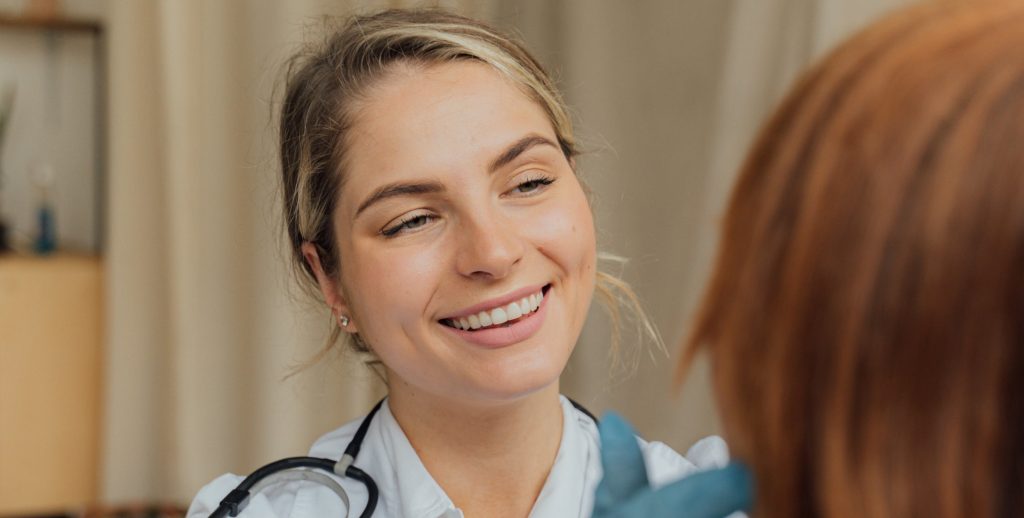Attitudes to sexual health can vary greatly between generations.
It is widely known that younger people, in general, are much more open than older generations to talking about their sexual health and seeking testing.
Get a complete picture of your sexual health with Better2Know’s full screen, which checks for the 7 most common STDs in the UK.
These preferences and attitudes may have downstream consequences for how people seek testing and treatment if they become infected.
A recent study which appeared in British Medical Journal tested preference for sexual health services among middle-aged and older adults in the UK.
The aims of the study were to shed more light on this area, as the researchers suspected that the sexual health needs of older people are not widely known and are often ignored, both by the general public and by clinicians. The aim was to understand the sexual health service preferences of adults aged 45 and over to help improve accessibility.
The study found that participants who were 45 and older preferred face-to-face interactions at sexual health clinics and were willing to pay for private services. Additional support and consultation style played minor roles in the decision-making process. No differences in preferences were found between people with disabilities.
The study highlights the elderly’s preference for face-to-face consultations and comfort in a clinic setting.
STD screening in young and old
STDs are more common in younger people aged 15-24. Younger people tend to be more sexually active than older people, have a greater variety of sexual partners, and are less consistent in their contraceptive use.
As a result, younger people, encouraged by a more liberal and open attitude towards sexual health, are much more motivated to talk and be open about their sexual health and seek testing where possible.
Younger people are more likely to seek out online and home tests than older people. Many factors contribute to this trend, including:
- Convenience and privacy: Home testing kits offer discreet and convenient ways for young people to get tested without visiting a clinic.
- Digital knowledge: Younger generations are generally more comfortable using online services and digital health solutions.
- Targeted campaigns: Public health campaigns often promote home testing to younger demographics to increase testing rates. Younger people tend to spend more time online and are more likely to be exposed to online marketing campaigns promoting such products and services.
However, sexually transmitted diseases can also be a problem in the older generation, but this is not widely discussed.
In recent years the elderly have seen sharp increase in the number of infected sexually transmitted diseases.
Many seniors can date after a divorce or the death of a spouse and not have to worry about STDs for decades. They may enter the dating scene with beliefs, instincts, and knowledge about sexual health absorbed decades ago. Doctors may also not even think to test older people for STDs when they go in for their routine appointments.
Condom use among older adults also tends to be inconsistent, especially among men who already struggle with erectile dysfunction.
Thus, older adults are at similar risk of contracting an STD, but their screening preferences differ. What’s going on here?
The human touch
Nothing beats the personal touch.
Going to a clinic to get tested means spending time with a medical professional, whether a nurse, doctor, or other health professional. This person can discuss testing options with their patients and provide advice and guidance on the best treatment options. This personalized advice is usually not available in fully online testing services.
Online testing services, while very convenient and efficientlack of input from a trained professional. Left to their own devices, a patient may seek tests for infections that may not be appropriate for their condition, or may not be tested at all.
Trust and authority
The trust that most people have in health professionals is unparalleled.
The expertise and knowledge of a nurse or doctor gives many patients more confidence and peace of mind about the tests, guidance and procedures recommended by these professionals.
Older people may interact more regularly with health care providers because of other health problems, making it easier to access STI testing services in a clinical setting.
Sexual health education
Older generations can maintain sexual health knowledge that is outdated and may experience more stigma and shame about sexual health diseases. People in these situations may be more likely to seek the guidance of a medical professional rather than seek testing themselves.
Final thoughts
Mike Asher, CEO of Better2Know, says:
“STDs do not discriminate and can affect anyone who is sexually active. As a service provider, we want to offer our patients the testing options that make them most comfortable and give them the most reliable and accurate test results. We provide our patients with the test results they need, whether through home or clinic testing. Remember: it’s always better 2 know.”
While older people may not have the most sexually transmitted infections, their sexual health is no less important. Indeed, it is up to service providers to do what they can to address seniors’ concerns about accessing sexual health testing.
Looking for a discreet sexual health clinic where you can get tested for STDs? Click the button below to secure a sexual health test near you.

Don’t leave your sexual health to chance. Try it today.
